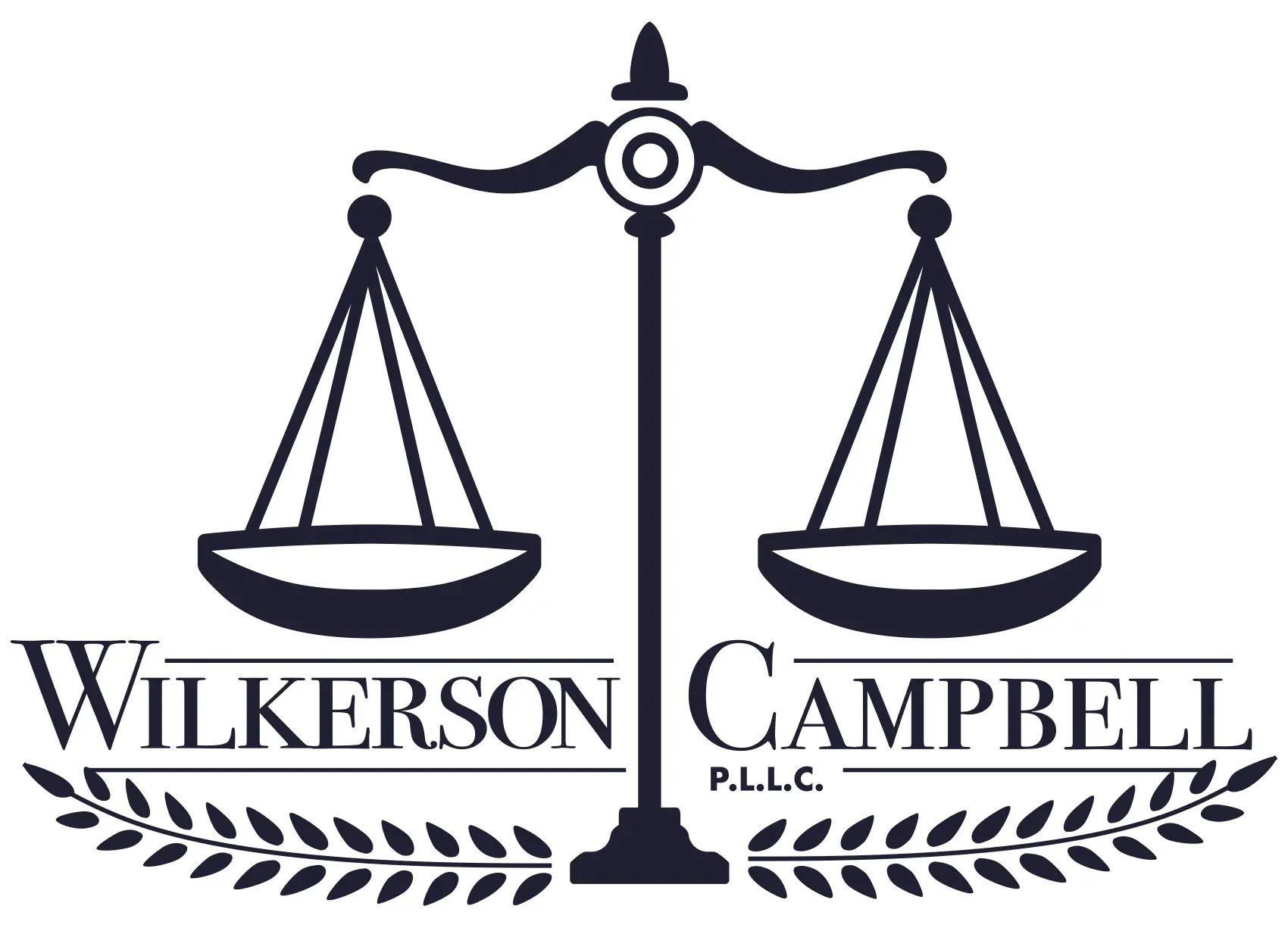Prohibited Weapons
Under Texas Penal Code § 46.05, the state delineates specific weapons and devices whose possession, manufacture, transport, repair, or sale is illegal, barring certain exceptions. These regulations aim to enhance public safety by restricting access to particularly dangerous items.(Saputo ✭ Toufexis)
List of Prohibited Weapons
According to Texas law, the following weapons are prohibited:
Explosive Weapons: Devices designed to cause explosions, such as bombs or grenades.(statutes.capitol.texas.gov)
Machine Guns: Firearms capable of firing more than one shot automatically without manual reloading by a single trigger function.(statutes.capitol.texas.gov)
Short-Barrel Firearms: Rifles with barrels shorter than 16 inches or shotguns with barrels shorter than 18 inches, or any such weapons with an overall length less than 26 inches.(statutes.capitol.texas.gov)
Armor-Piercing Ammunition: Handgun ammunition designed primarily to penetrate metal or body armor.(statutes.capitol.texas.gov)
Chemical Dispensing Devices: Instruments designed to release chemicals for incapacitation or harm, excluding devices used by certified security personnel.(statutes.capitol.texas.gov)
Zip Guns: Improvised firearms constructed from readily available materials.
Tire Deflation Devices: Instruments like caltrops intended to puncture or deflate vehicle tires.
Improvised Explosive Devices (IEDs): Homemade bombs or similar devices designed to cause destruction.
Knuckles: Instruments such as brass knuckles designed to enhance the impact of a punch.
Note: Some items, like knuckles, are classified differently under the law and may carry distinct penalties.
Legal Exceptions and Defenses
There are specific circumstances under which possession or handling of these weapons may not constitute an offense:(Findlaw)
Registration: Items registered in the National Firearms Registration and Transfer Record maintained by the Bureau of Alcohol, Tobacco, Firearms and Explosives (ATF) may be exempt.(Findlaw)
Curios or Relics: Weapons classified as curios or relics by the U.S. Department of Justice.(Findlaw)
Official Duties: Possession by members of the armed forces, law enforcement, or correctional facilities during the performance of official duties.
Security Personnel: Certified security officers trained in the use of chemical dispensing devices, provided the training is approved by the Texas Commission on Law Enforcement or the Texas Private Security Board.(Findlaw)
Penalties for Offenses
Violations of § 46.05 carry significant legal consequences:
Third-Degree Felony: For most prohibited weapons, punishable by 2 to 10 years in prison and a fine up to $10,000.
State Jail Felony: Specifically for possession of tire deflation devices, punishable by 180 days to 2 years in a state jail facility and a fine up to $10,000.(Law Offices of Tim Powers)
Class A Misdemeanor: For possession of knuckles, punishable by up to 1 year in jail and a fine up to $4,000.
Additional Considerations
Intent and Knowledge: The individual must intentionally or knowingly engage in the prohibited conduct for it to constitute an offense.
Location Restrictions: Even legally possessed weapons may be prohibited in certain locations, such as schools, polling places, and government buildings, under Texas Penal Code § 46.03.
Federal Regulations: Compliance with federal laws, including the National Firearms Act, is also required for certain weapons.
Texas law strictly regulates the possession and handling of specific weapons deemed hazardous to public safety. Understanding these prohibitions is crucial for residents and visitors to ensure compliance and avoid severe legal penalties.
Categories
- No categories
